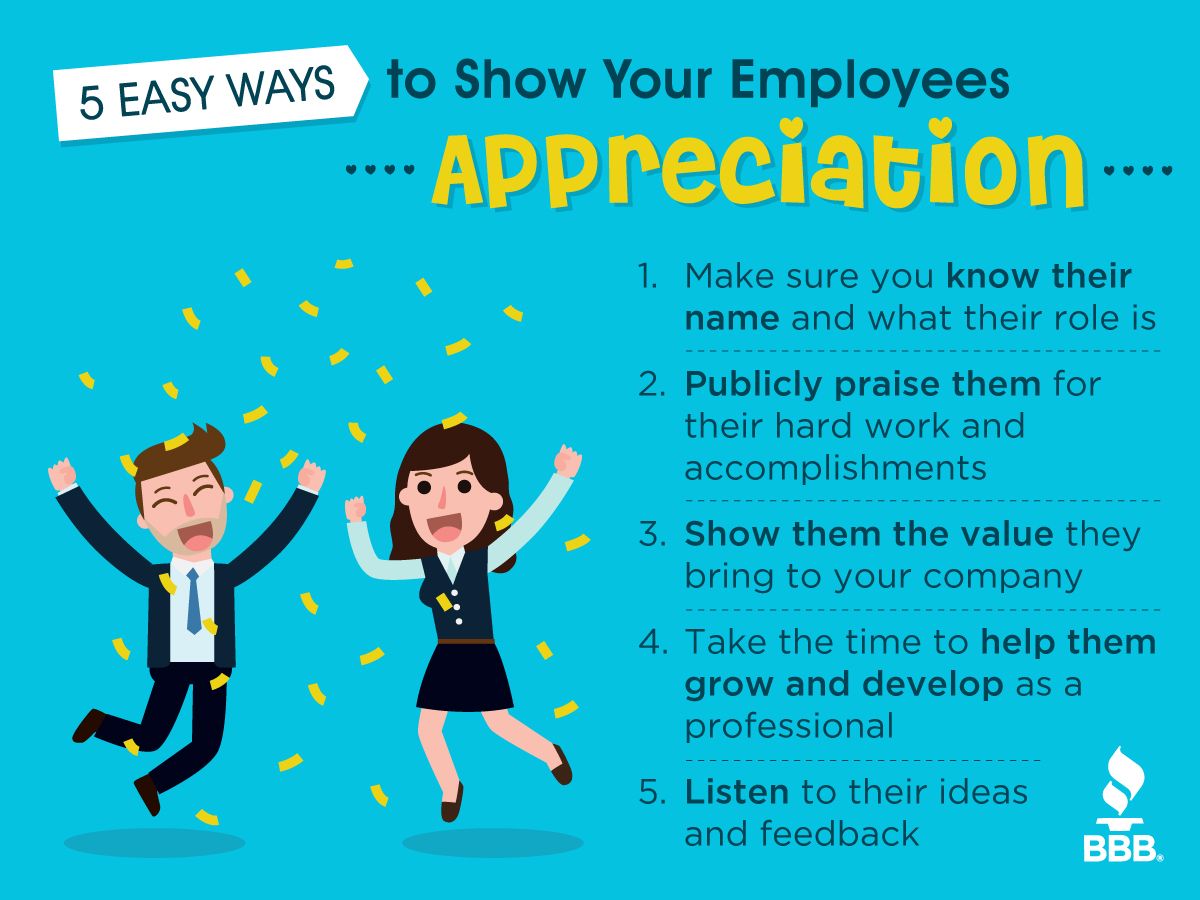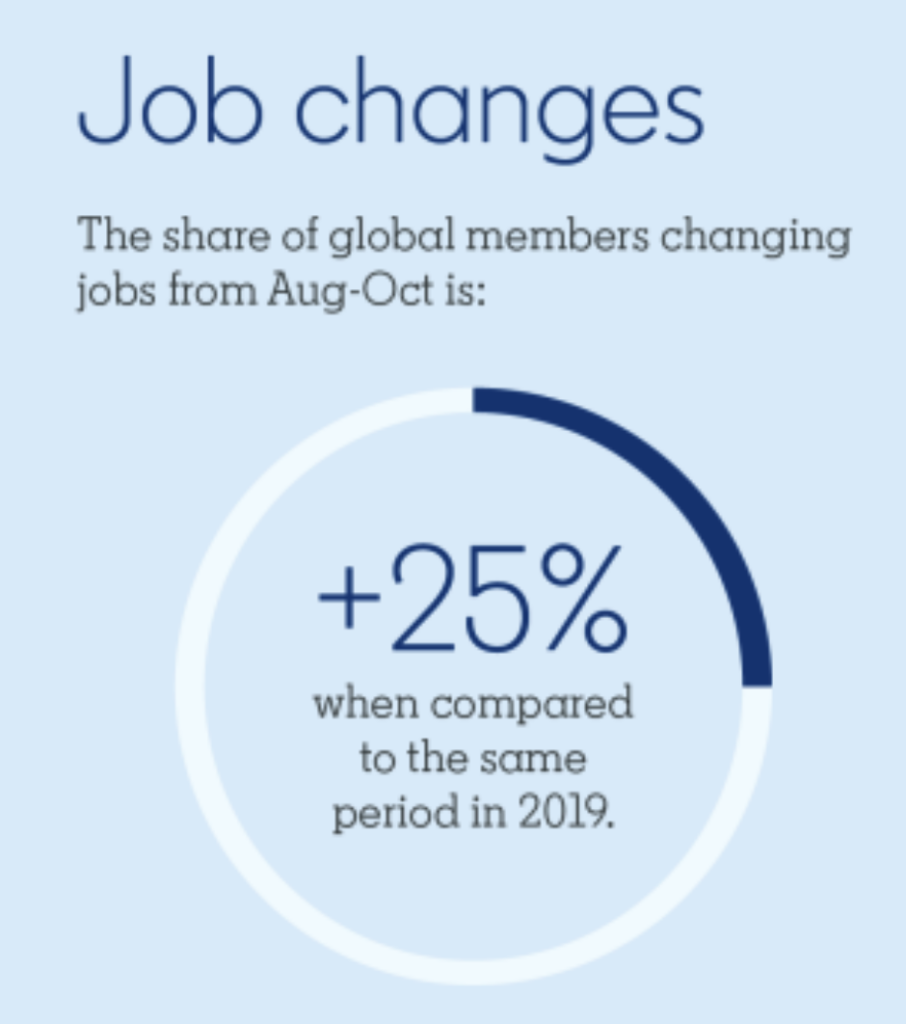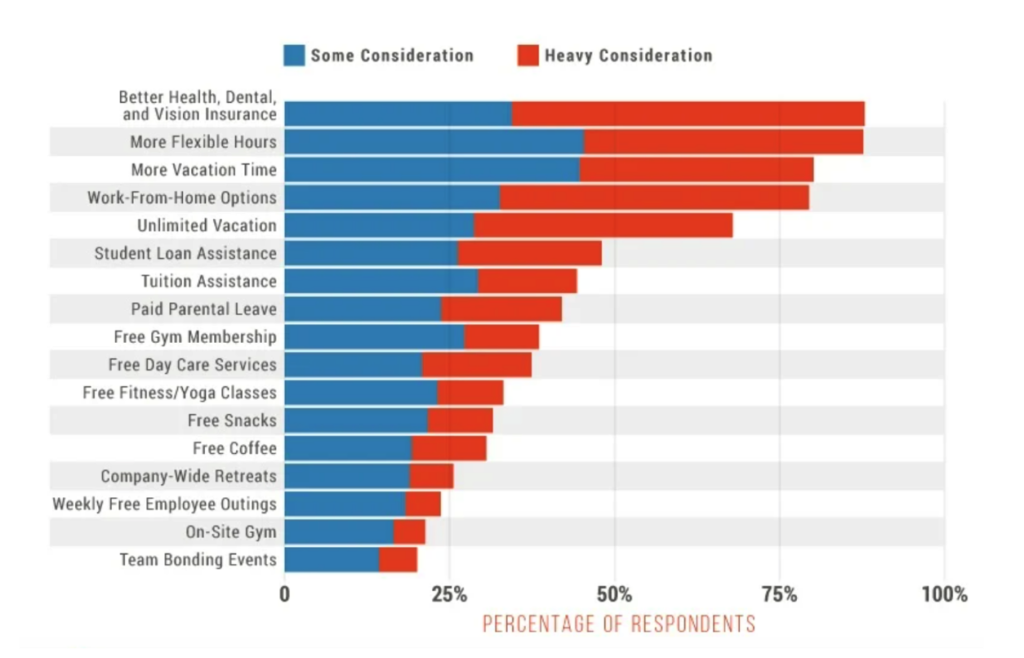While today’s sales brands face numerous challenges, one of the biggest is salesperson retention — an issue that’s especially pressing for smaller businesses. A recent study even found that 55% of companies cited retention as the number one challenge, officially usurping lack of capital.
I’ll be the first to admit that solving the retention problem isn’t easy. It’s incredibly complex with a long list of ever-changing variables. That said, there is some low-hanging fruit that’s a great starting point. And that’s what I want to tackle in this post.
Here’s why 79% of talented salespeople quit and what you can do about it.
A Lack of Appreciation
Let’s get right down to it. There are countless reasons why salespeople quit. Better pay, a lack of career development opportunities, and a poor work-life balance are just a few that come to mind. But a recent study found that one of the biggest contributors to turnover is simply not being appreciated.
“A whopping 79% of employees will quit their job because of a lack of appreciation from leaders,” explains Georgi Todorov of Thrive My Way. To be fair, this stat doesn’t say that nearly four out of five salespeople have quit because of a lack of appreciation. It just says that they will quit.
But from this data, we can confidently say that a lack of appreciation is one of the biggest reasons companies lose elite talent.
Looking Closer into Why Salespeople Quit
A few years back in 2017, Forbes wrote an interesting article about the correlation between a lack of appreciation and turnover. In it, they mentioned that “66% of employees say they would ‘likely leave their job if they didn’t feel appreciated.’ This is up significantly from 51% of employees who felt this way in 2012. Among millennials, the number of employees who’d leave if unappreciated jumps to 76%. This helps account for the overall increase from the 51% figure in 2012, as millennials are becoming the dominant generation in the workforce, with a unique set of characteristics and needs.”
Now that we’re in 2022 and millennials have saturated the workforce even more and will continue to be the dominant force for years to come (take a look at the graph below), it’s easy to see why the number of salespeople who say they’ll quit because of a lack of appreciation has swelled to 79%.
While being appreciated has always been important, it appears to be especially important for younger demographics. A separate article by SHRM corroborates this idea, saying that recognition is huge for millennials, as well as Gen Z, which is starting to enter the workforce in larger numbers.
From a Turnover Risk to a Loyal Employee
Something else I found interesting was that placing a larger focus on employee appreciation can help companies go from battling turnover to having a team of highly engaged, loyal, dedicated salespeople. And this is especially true for younger reps.
“While some employers may see these young workers as disloyal or unmotivated, the truth is that they can be turned into an organization’s most enthusiastic and valuable resource when shown appreciation for their work and rewarded in the right way,” notes Rodney Mason, CRO of payroll technology firm daVinci Payments.
More specifically, 79% of salespeople say increasing recognition rewards would increase their loyalty.
Zooming out, nearly four out of five salespeople will quit because of a lack of appreciation. But conversely, the exact same number say increasing appreciation would boost their loyalty. So you can see firsthand just how big of an impact there can be.
Going After the Low-Hanging Fruit
While knowing that such a large percentage of your salesforce could potentially quit for one single reason is a little frightening, at the same time it’s good news because the solution isn’t rocket science. In fact, it’s incredibly simple. You just need to show appreciation.
There are several ways to go about this. Some brands go all out and create a formal employee recognition program (you can learn how to create one here if you’re interested). Some write blog posts with the sole purpose of spotlighting salesperson achievements. Some show their appreciation on social media, and so on.
But it doesn’t have to be this formal. At the end of the day, it just boils down to baking appreciation into your company culture and your daily interactions. And these five tips are a great starting point.
This is one of the easiest ways to get your turnover under control, build stronger relationships within your company, and gain a competitive advantage. And it doesn’t require you to shell out huge salaries, offer over-the-top benefits, or implement game-changing career development opportunities. You simply need to appreciate your sales reps.
Understanding Why Salespeople Quit (And Fixing It)
Turnover is complex, with countless hours and big money often being spent trying to reduce it. While there is no magic bullet for curbing turnover, understanding the psychology behind why many salespeople quit is a critical first step. And as we’ve learned in this post, one of the biggest reasons is simply due to a lack of appreciation.
Fortunately, this isn’t something that takes deep pockets or a robust HR department to fix. You just need to adjust your mindset and make employee appreciation a focal point. Do that effectively, and your retention rate can’t help but improve.
Find out how HireDNA can not only help you find better sales talent faster but retain salespeople longer. By using cutting-edge technology like intelligent matching and science-based assessments, HireDNA eliminates 96% of hiring mistakes and reduces turnover by more than 33%.







